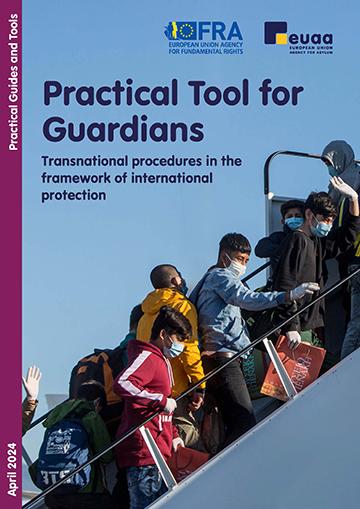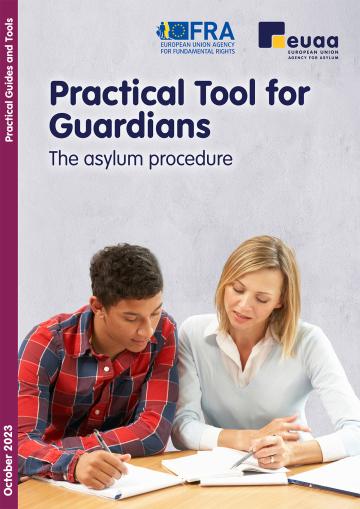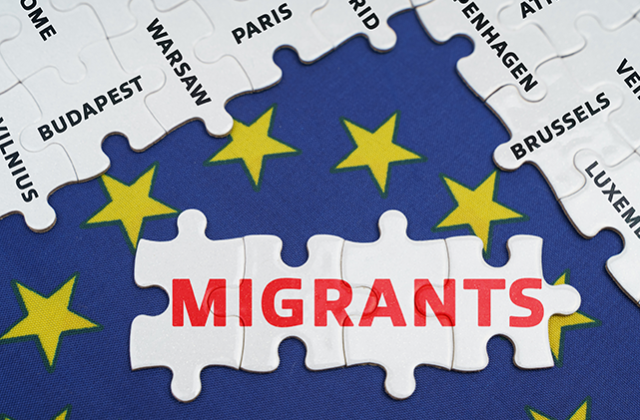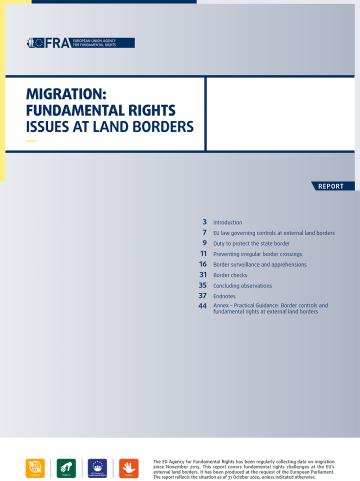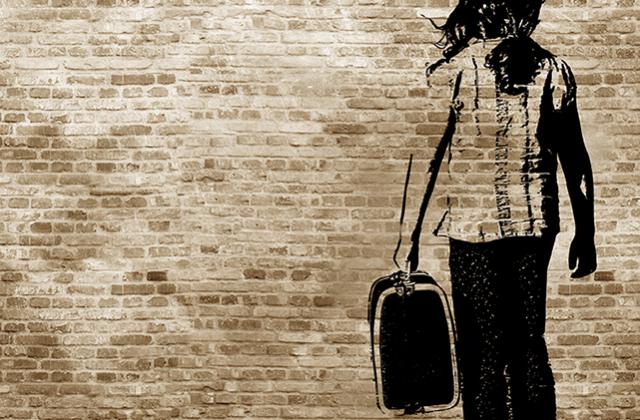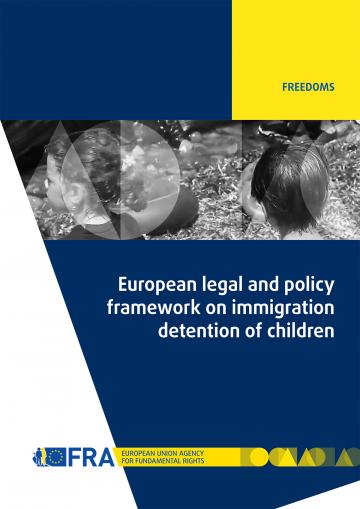
European legal and policy framework on immigration detention of children
Children have represented up to a third of migrant arrivals in the European Union (EU) since the summer of 2015. Upon arrival, they need and have a right to protection, in line with EU and international law. Detaining children for migration management or asylum reasons – with or without family members – is difficult to justify, practically very challenging to implement in line with fundamental rights and clearly not in the child’s best interests.
Current efforts to speed up asylum processing and make returns more effective may prompt an increased use of immigration detention, possibly also affecting children. This can entail serious risks of violating children’s right to liberty and security if the strict safeguards protecting children from arbitrary detention are disregarded. Children should be placed in open centres that provide for the necessary protection and care to which they are entitled, and which promote their best interests.
This report takes the rights of the child to protection and care set forth in Article 24 of the EU Charter of Fundamental Rights as a starting point when examining the content of the right to liberty and security. It outlines the main fundamental rights safeguards provided for in EU and human rights law to prevent unlawful and arbitrary detention. It also describes practical examples from the Member States, drawing on promising practices wherever possible. In so doing, it aims to assist asylum and migration practitioners in implementing policies in line with the law, so that immigration detention of children ends or becomes truly exceptional.
In addition, new guidance from the European Law Institute on “Detention of Asylum Seekers and Irregular Migrants and the Rule of Law” also picks up on the findings and recommendations of this report. The ELI guidance, elaborated with FRA’s involvement, is a valuable tool for judges in the EU to prevent unlawful or arbitrary detention of asylum seekers and migrants in an irregular situation, including children.
